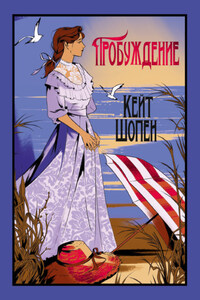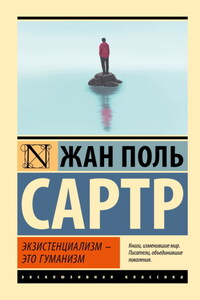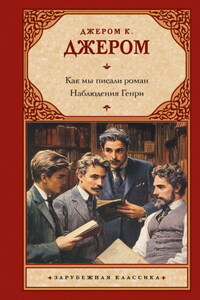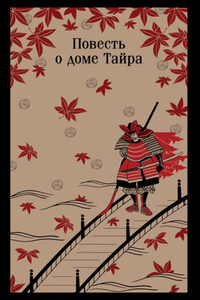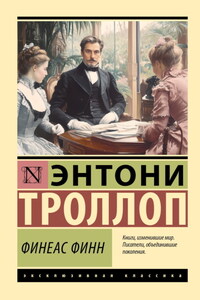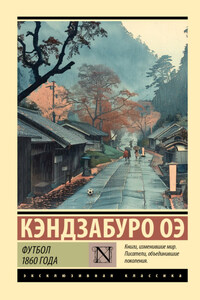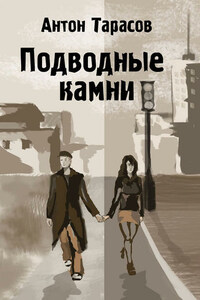I ran down to Brighton for the Sunday. My wife's cousin, George Baxendale, was stopping there, with the Coopers. The wife and I were both to have gone. But our little Minna was very queer-feverish cold, or something-and Lucy did not like to leave her with the nurse. So I went down alone.
It was a fine day, for November. We drove over to Bramber-Jack Cooper and his wife, Baxendale, and I. When we got back to Regency Square it was pretty late. I was to go back by the 8.40. When we had dined I had to make quite a rush to catch the train. Jack and George both came up to see me off. As the Pullman carriages all seemed full, I got into the compartment of an ordinary first-class carriage.
"You'll be better in there," said Jack. "You'll have it to yourself."
I did, till just as the train was off. When the train had actually started, a woman came hurrying up the platform. A porter threw open the door of my carriage, and she got in. I let her have the seat by the door through which she had entered. I went to the other end of the compartment. I did not feel too much obliged to the porter who had shown her in. Although it was not a smoking carriage, as I had expected to have had it to myself, I had intended to smoke all the way to town. In fact, I was smoking at that moment. I hardly knew what to do. The train did not stop till it reached Victoria. There would be no opportunity of changing carriages. I did not relish the idea of not smoking, while I scarcely knew if I might venture to ask permission to smoke of the new-comer.
I made up my mind that I would. I had only just lighted a cigar. I had not looked at her as she came up the platform, to notice what kind of person she was. I had been too much engaged with Jack and George. I turned to her, raising my hat as I did so.
"May I ask if you object to-"
I had got so far; but I got no farther. She looked at me, and, as she did so, and I saw her face clearly, and met her eyes, my blood went cold in my veins.
The woman at the other end of the carriage was either Nelly, or Nelly's ghost. If she was her ghost, then she was the most substantial ghost I had ever heard of. And yet I had to stare at her for some moments in stupefied silence before I could believe that she was not a ghost. Before I could believe that she was genuine flesh and blood.
She struck me as being as much surprised at seeing me as I was at seeing her-and, at first at any rate, not much better pleased. We stared at each other as if we were moonstruck. She was the first to find her voice-she always was quicker, in every sense of the word, than I am.
"Tom!" she said. Then gave a sort of gasp.
"Nelly!" It was all I could do to get her name to pass my lips.
I am not going to enter into details as to what I said to her, and as to what she said to me. Nothing pleasant was said on either side. When a man meets a woman, even after a separation of seven years and more, who has wronged him as Ellen Howth, as she was named when I first knew her, had wronged me, he is not likely to greet her with sugared phrases, especially when he has had every reason to suppose that his prayers have been answered, and that she is dead. When I saw that she had tricked me, for the thousand-and-first time, and that she was not dead, as I have written, my blood went cold. When it warmed, it was not with love for her.
We quarrelled, as we had done many and many a time before. She had been drinking. She was always bad enough when sober; when not sober she was infinitely worse. Every moment I expected her to assail me with personal violence. She threatened to, over and over again. I feared that there would be some outrageous scene in the railway carriage. Fearing this, and the scandal which such a thing would necessarily entail, I formed a wild resolution. I determined that, even while the train continued to fly through the air, I would leave the compartment in which she was, and at any and every risk seek refuge in an adjoining one.
The resolution was no sooner formed than I proceeded to put it into execution. There was no necessity to lower the window; the handle was inside the carriage. Turning the handle, I rose from my seat. Whether she mistook or designed to frustrate my purpose, I cannot say. No sooner did I rise, than she came rushing at me. The violence of her assault took me by surprise. The handle escaping from my grasp, the door swung back upon its hinges. She had me by the shoulders. I endeavoured to wrest myself free. There was a struggle. In the struggle, unconsciously certainly to me, we must have reversed our positions, because, suddenly loosing her grasp of me, before I had the faintest suspicion of what was about to happen, she had fallen backwards through the open carriage door, out into the night, and the train was going at express speed to town.
It was some moments before I realised what had actually occurred. When I did do so, I sat down on the seat in a sort of stupor. I was roused from it by the banging of the carriage door. It was being swung backwards and forwards by the momentum of the train. I shut it, almost mechanically; as I did so I noticed that the glass was shattered. It might have been broken by the banging of the door, or she might have broken it by striking it in her frantic efforts to clutch at something.

